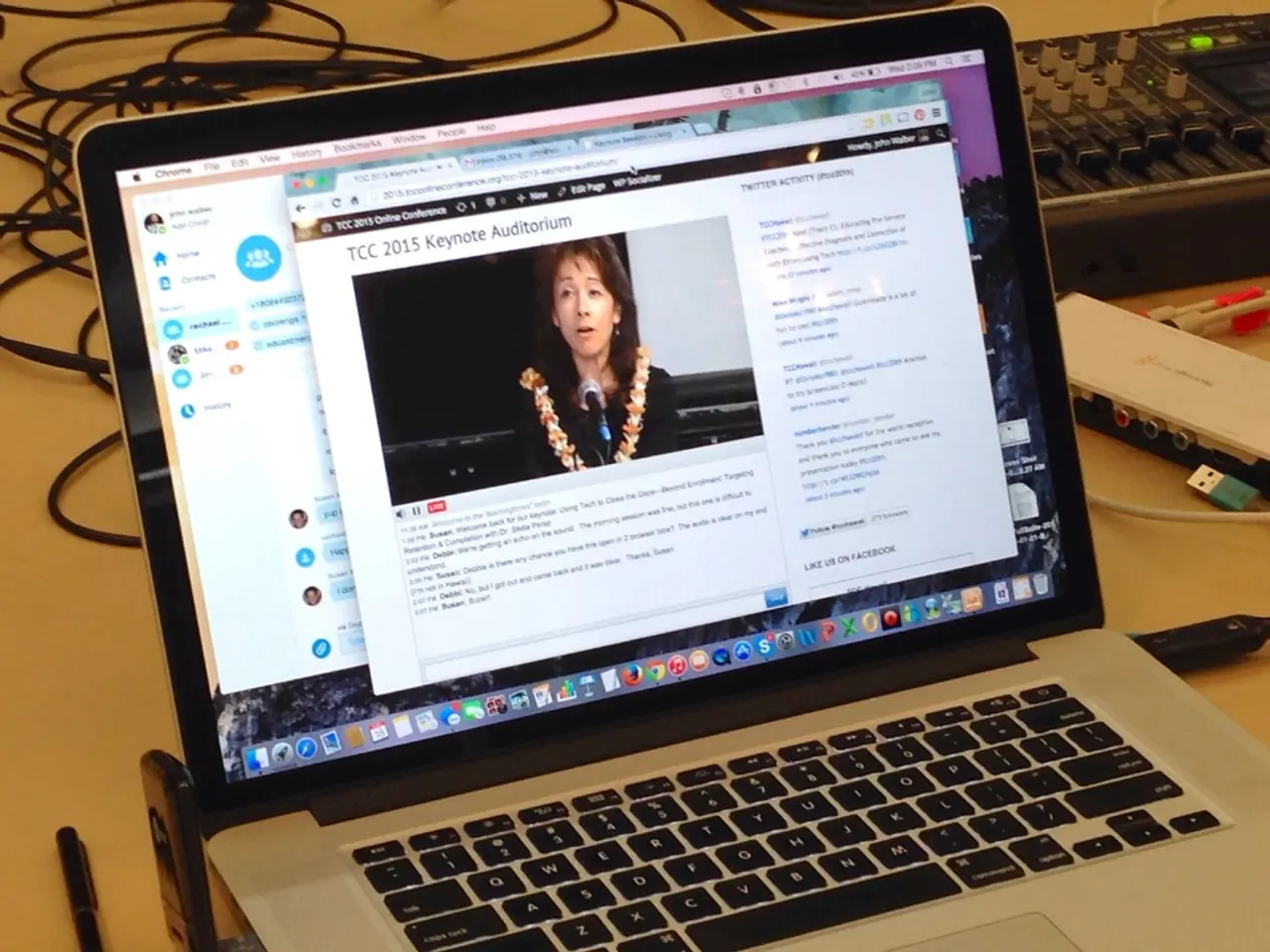Game Publishers' Greenlight Fewer Titles Due to High $200 Million Budgets according to Former PlayStation Executive: "A necessary move"
In a recent interview, former PlayStation executive Shuhei Yoshida discussed the significant changes in the game development industry, particularly focusing on the increasing game budgets in the AAA sector during the PS5 generation.
Yoshida, known for his role in bringing acclaimed titles like God of War, Horizon, and The Order to the PlayStation 4, highlighted that the costs associated with game development in the current era are a significant concern for the industry. He believes that game budgets have doubled compared to the PS4 era, making it difficult to recoup the investment, even for blockbuster franchises.
Yoshida also noted a shift towards more 'blockbusters' and fewer games like Patapons and Gravity Rushes during the PS4 era, a trend that continues into the PS5 generation. He emphasized that the success of AAA games in the current generation is no longer measured by selling one million copies but rather 10 million copies.
The factors leading to increasing game budgets in the AAA gaming industry include market competitiveness and investor expectations, multifaceted ROI considerations, innovations in technology and AI, hybrid monetization models and live services, and technological advances like cloud gaming and cross-platform solutions. These factors drive up development and marketing expenses, necessitating a larger upfront investment to ensure long-term franchise value and content scalability.
Regarding how these rising budgets impact the number of games made, Yoshida stated that higher budgets concentrate risk and investment into fewer projects. As a result, investors and publishers often prioritize a smaller number of high-budget, well-planned projects over numerous lower-budget ones to maximize chances of commercial success and return on investment.
Yoshida also expressed that PlayStation is unlikely to emulate Nintendo's approach with the cheaper Japan-exclusive Switch 2, but he thinks Nintendo's decision is an "amazing business decision." Despite the challenges, Yoshida thinks the PS5 generation marks a turning point in the industry, as the industry acknowledges the need for change due to excessive game budgets.
In conclusion, increasing AAA game budgets are driven by market pressures, technological complexity, and the need to maximize multi-channel revenue, which leads to fewer, higher-quality game releases focused on long-term engagement and profitability. As the industry continues to evolve, it will be interesting to see how developers and publishers navigate these challenges and find new ways to deliver exciting gaming experiences while managing costs.
- Shuhei Yoshida, the former PlayStation executive who brought games like God of War, Horizon, and The Order to the PlayStation 4, expressed concern over the rising game budgets in the current era.
- Yoshida noted that game budgets in the AAA sector have doubled compared to the PS4 era, making it hard for even blockbuster franchises to recoup their investment.
- Yoshida suggested that the success of AAA games today is no longer measured by selling one million copies but rather 10 million copies.
- The factors behind increasing game budgets include market competitiveness, innovations in technology and AI, hybrid monetization models and live services, cloud gaming, and cross-platform solutions.
- Yoshida also expressed that these rising budgets lead to concentration of risk and investment into fewer projects, which in turn leads to publishers prioritizing a smaller number of high-budget, well-planned projects.
- Regarding Nintendo's approach with the cheaper Switch 2, Yoshida stated that PlayStation is unlikely to follow suit, but he found Nintendo's decision to be an "amazing business decision."
- Yoshida believes that the PS5 generation marks a turning point in the industry, as the industry acknowledges the need for change due to excessive game budgets.
- As the industry evolves, developers and publishers will need to navigate the challenges presented by rising budgets and find ways to deliver high-quality gaming experiences while managing costs.




